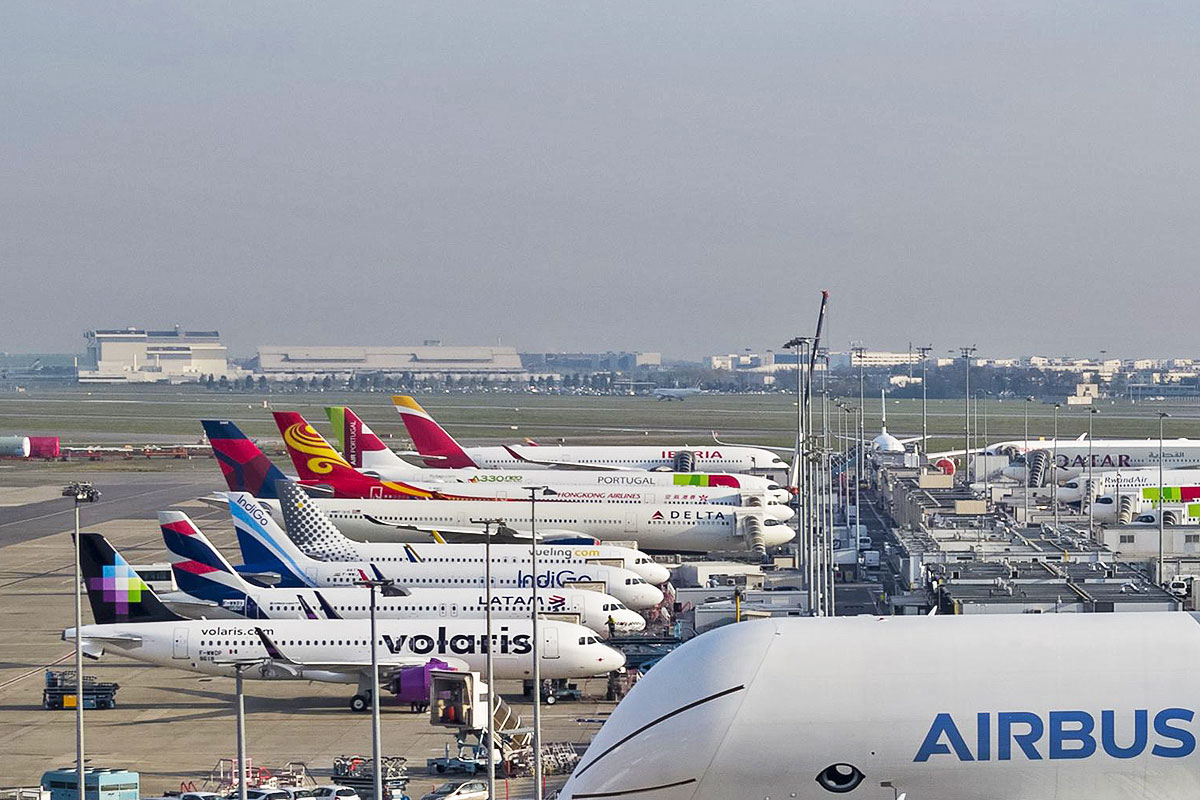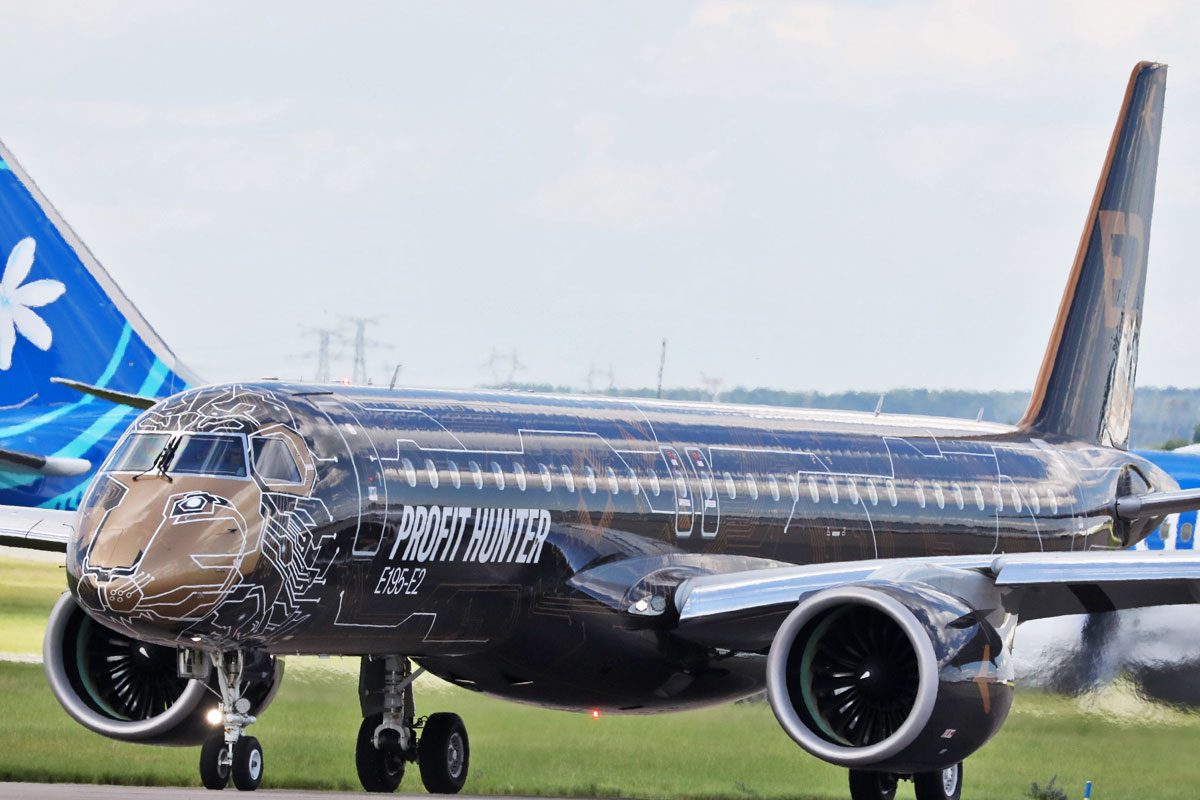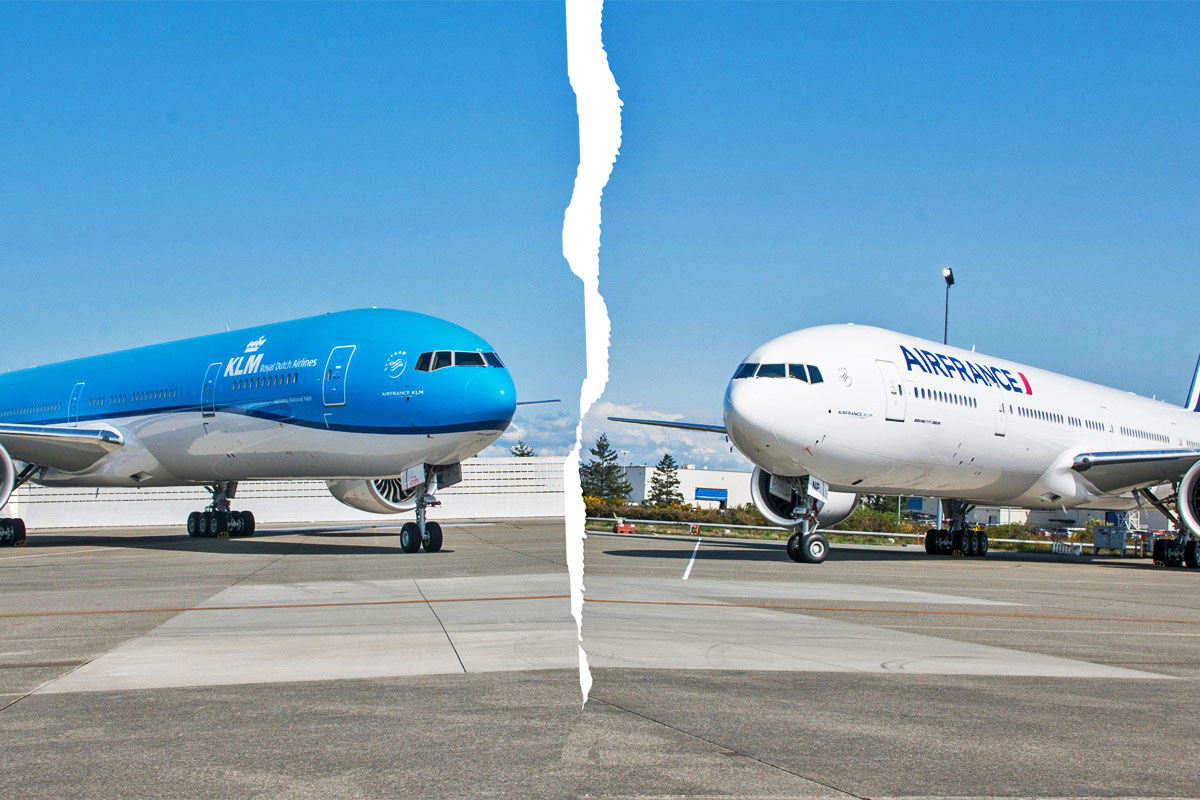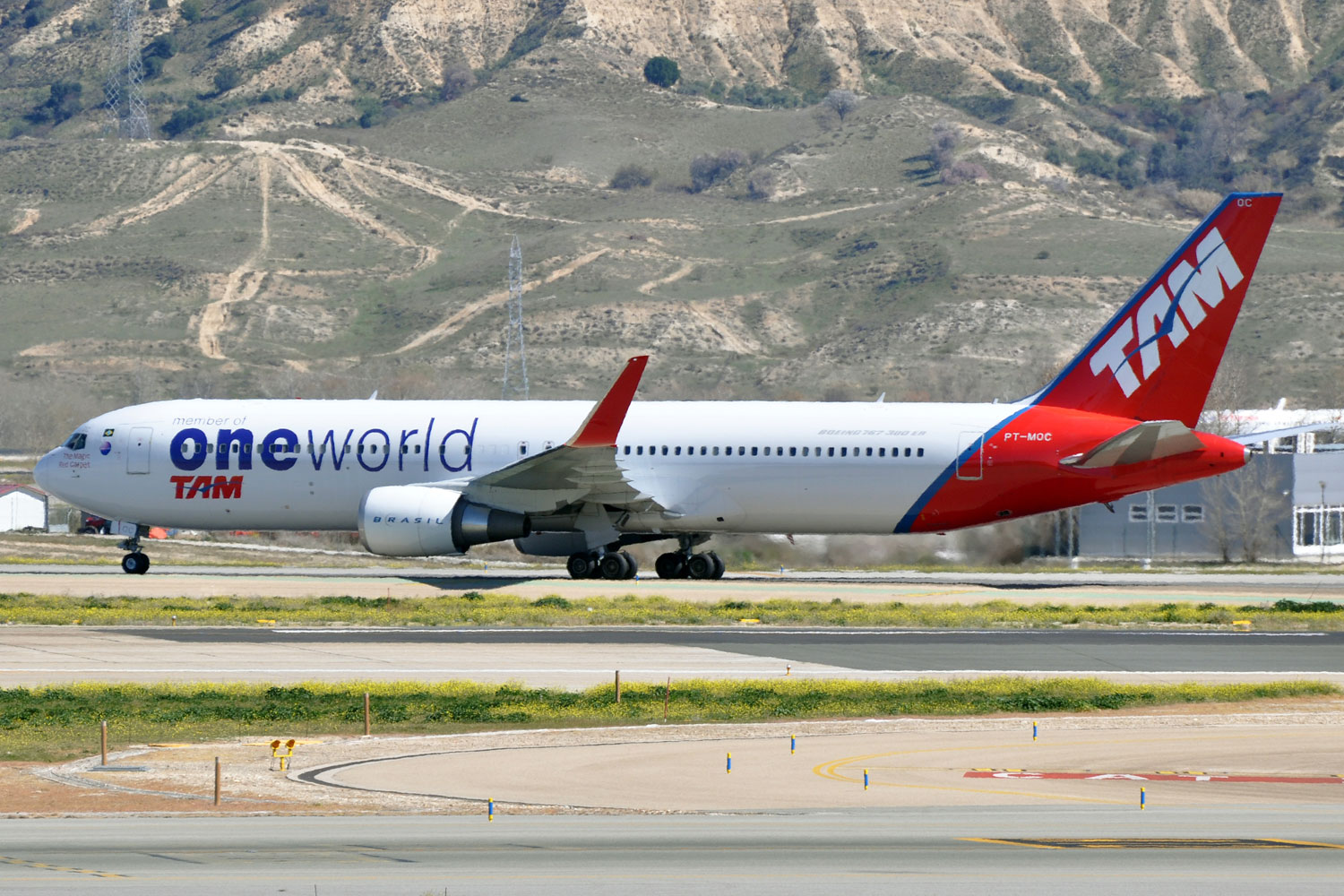The world’s largest manufacturer of commercial jets, Airbus has expressed concern about the company’s survival if nothing is done to change the current situation. In a letter sent to the group’s 135,000 employees, CEO Guillaume Faury stated that Airbus “bleeding cash at an unprecedented speed”.
Still according to the executive, the reduction in the production rate of the aircraft by one third or even more does not reflect the worst scenario imagined. “The survival of Airbus is in question if we don’t act now,” he said. The letter seeks to prepare the company for heavy cuts in the number of employees as the demand for new planes falls.
According to Reuters, Airbus is seeking help from European governments to survive including state loans. The manufacturer had already announced earlier this month that it would reduce production of the A320 jets to just 40 units per month.
The situation of the A330neo and A350 widebodies is even more serious, as the segment experienced a slowdown before the pandemic. Rival Boeing, in fact, is expected to announce an even greater cut in production of the 787, which can be reduced to a rate of just 6 planes per month, the current pace of the A350.
To contain the bleeding of cash, Airbus is reviewing its programs and canceling projects in the face of the new scenario. This was the case, for example, of the new assembly line for the A321, which was supposed to occupy the space left by the A380 in Toulouse, and which was suspended.
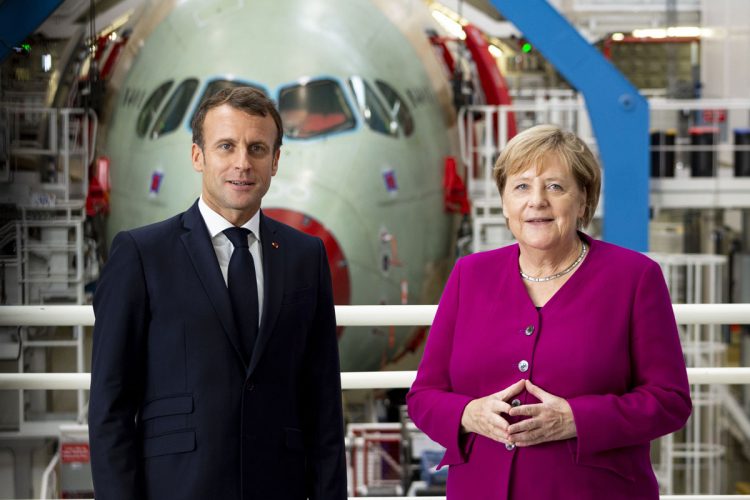
On April 24, the planemaker announced the end of the Airbus E-Fan X program, which envisaged the development of hybrid electric technology in partnership with Rolls-Royce.
The project foresaw the adaptation of an Avro RJ100 quadcopter to receive an AE2100 engine powered by a 2MW generator, but the British engine manufacturer said it would continue with part of the studies.
Too many planes
Manufacturers see a pessimistic outlook for the coming years. With the drop in demand in air passenger transport, many orders will be canceled or postponed.
But the most serious thing is that there may be an oversupply of used aircraft on the market and that it should reduce the leasing price to the point of making investment in new aircraft unfeasible.
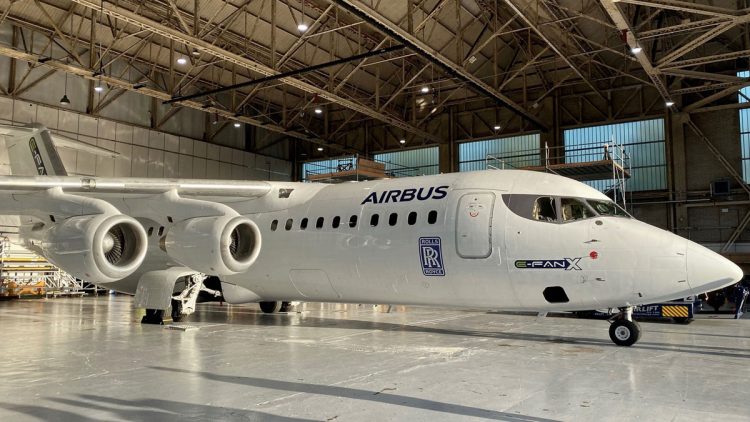
In the short term, there is still the crisis in the oil market that has caused oil prices to drop to historical levels. With cheaper fuel, the greater efficiency of new aircraft ends up making less difference and consequently its main attraction.
For Faury, “unfortunately, the aviation industry will emerge into this new world very much weaker and more vulnerable than we went into it.”

